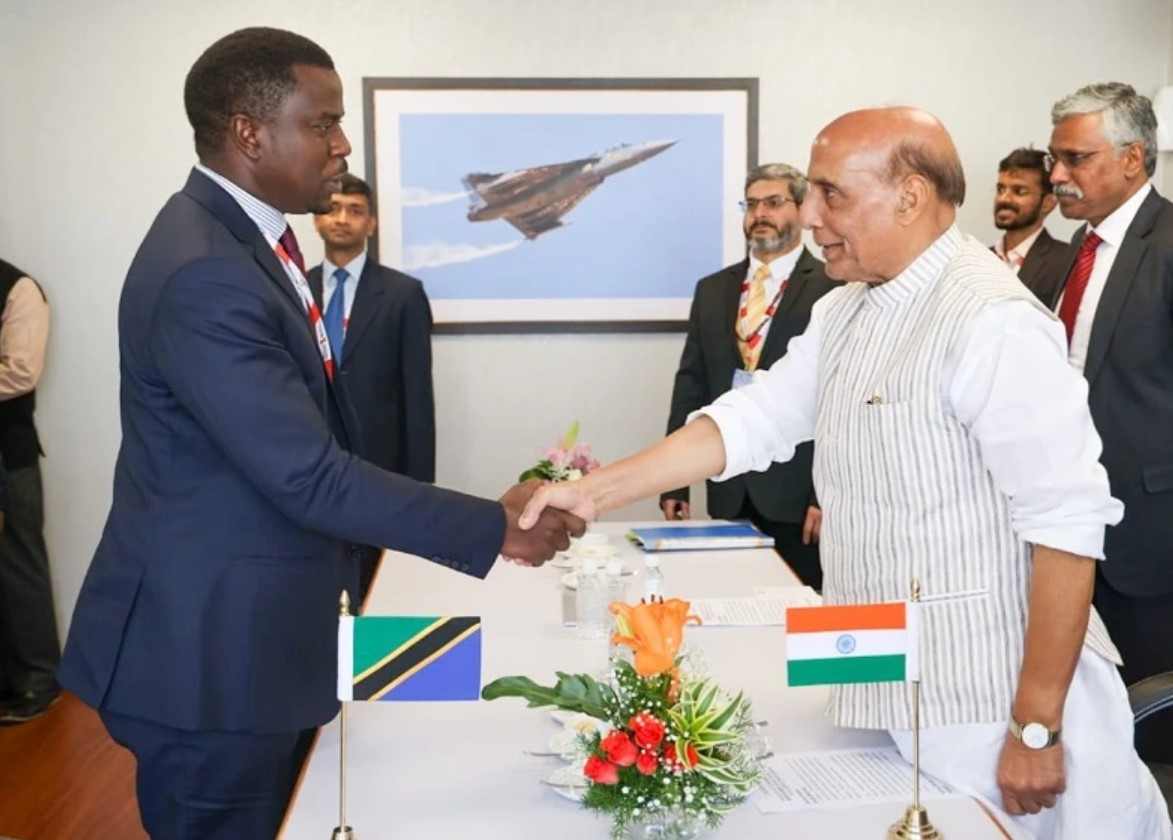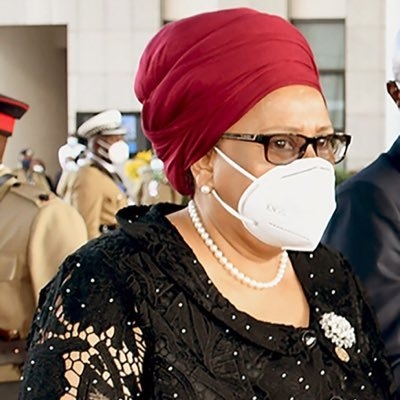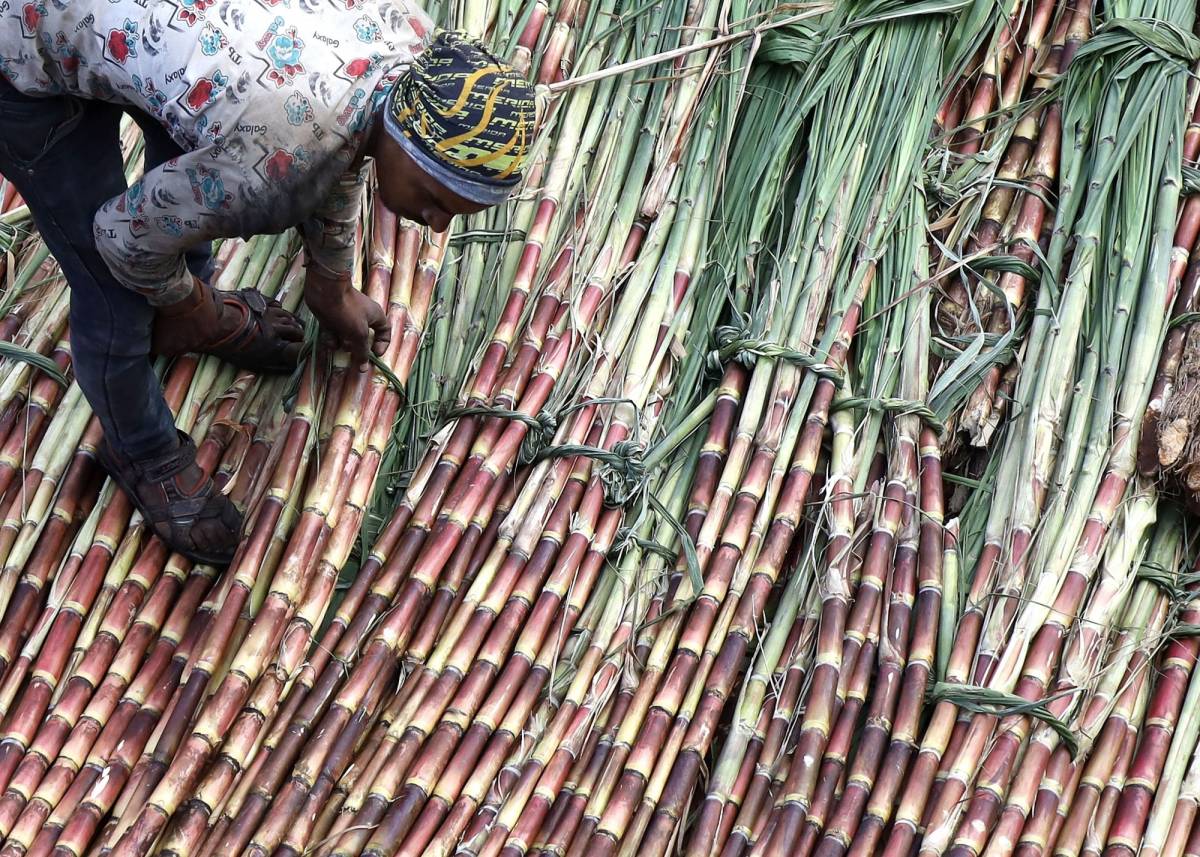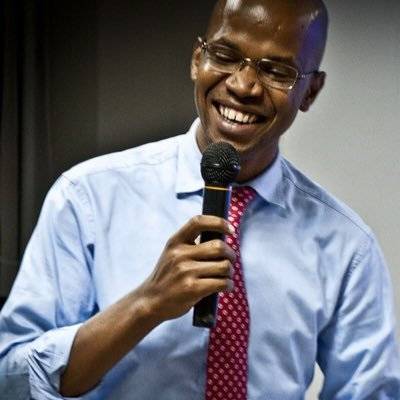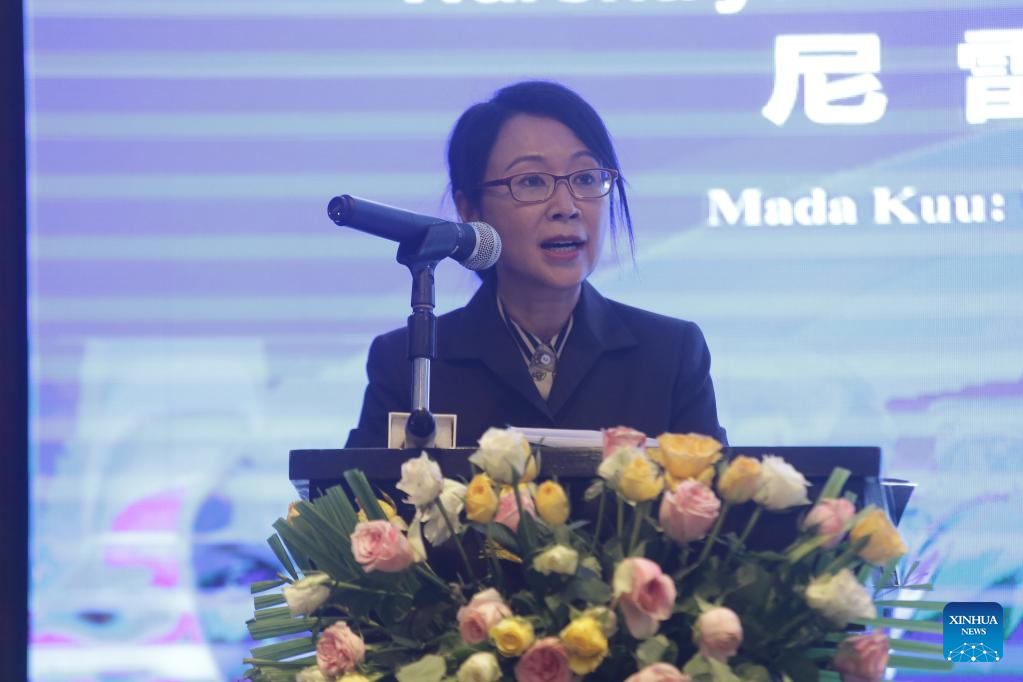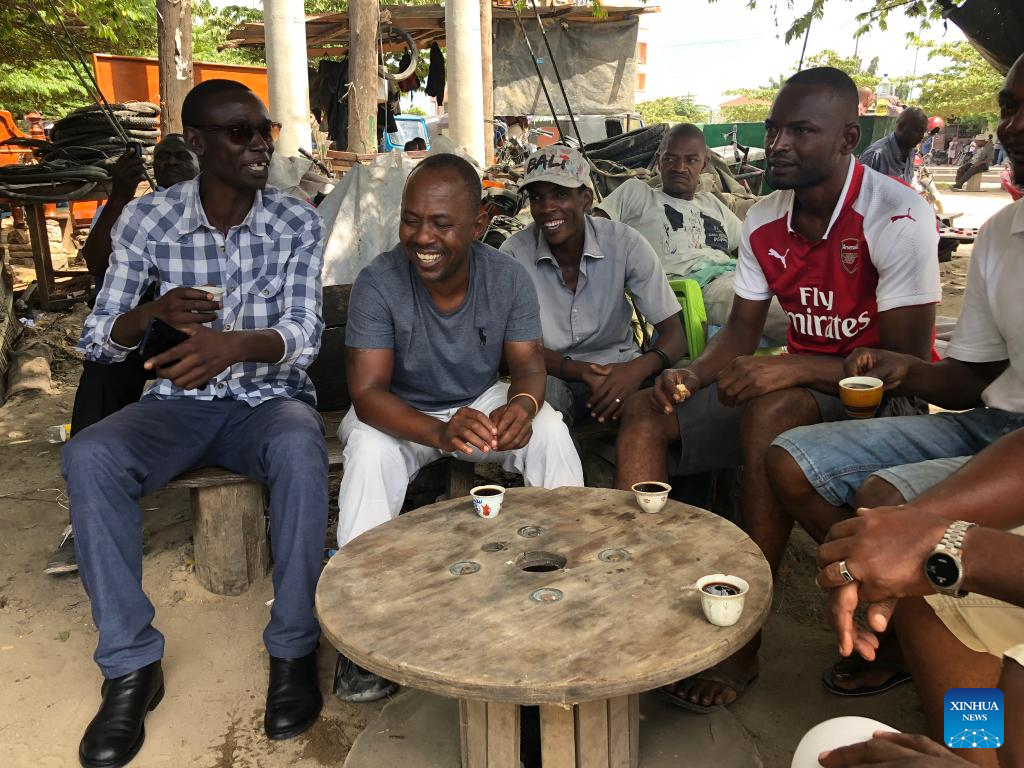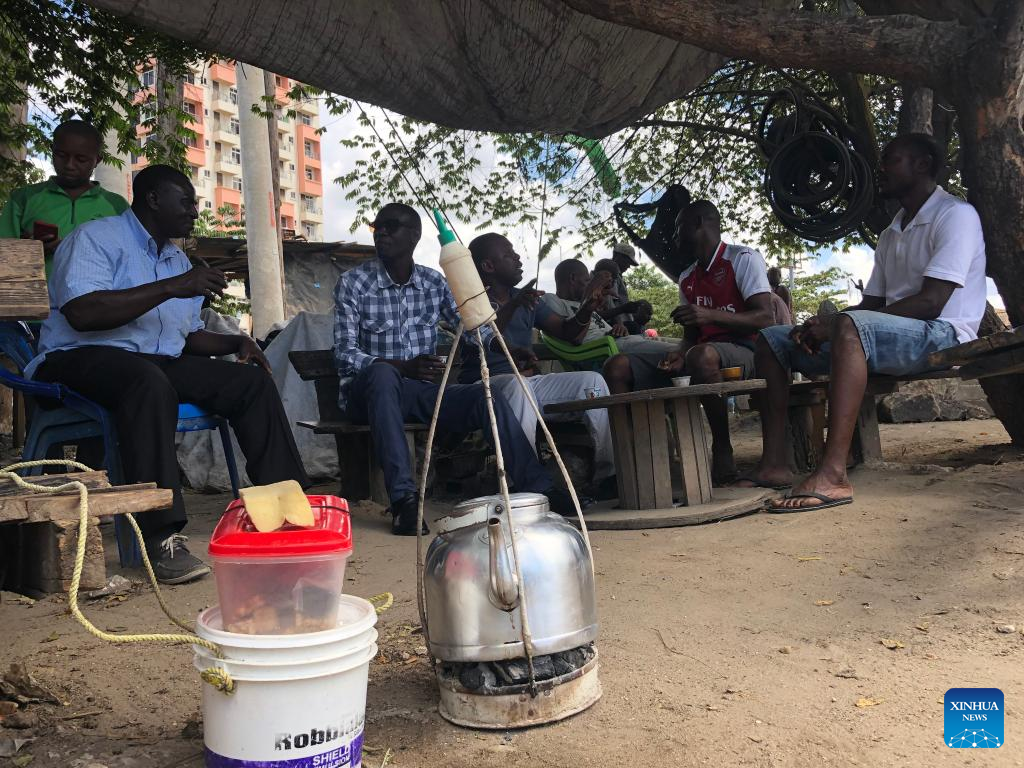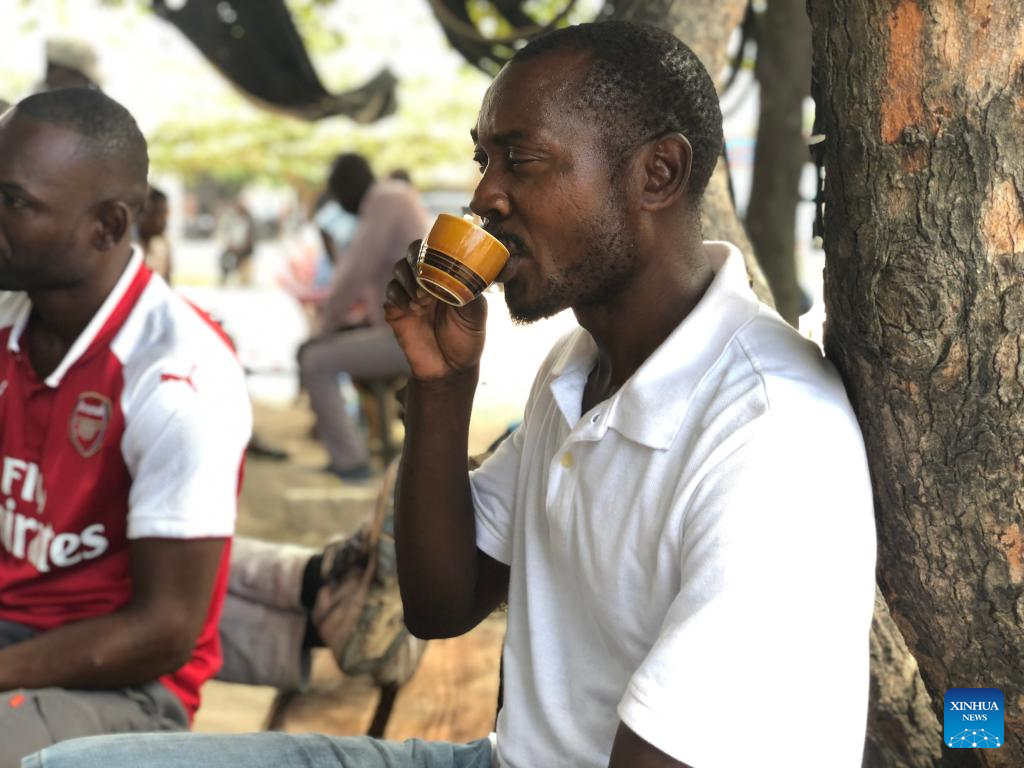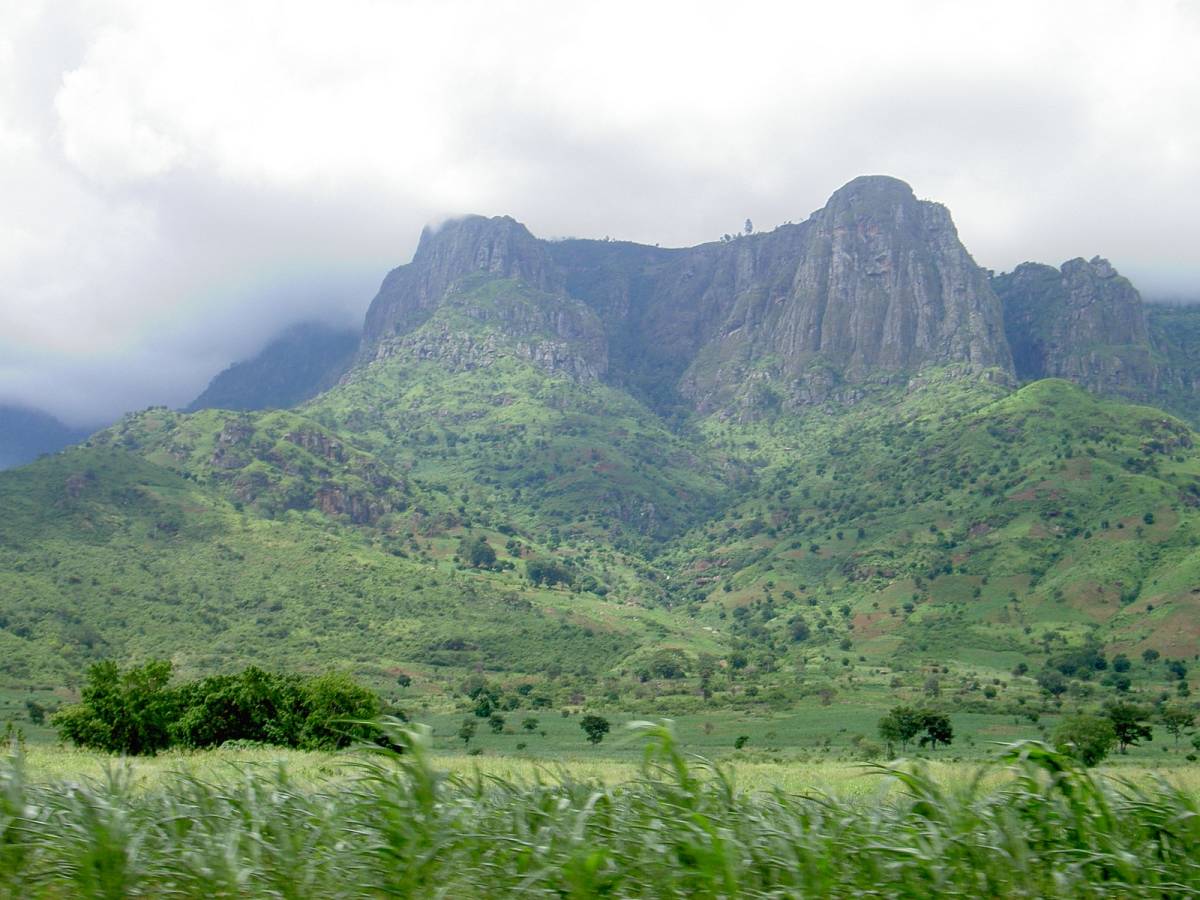India, an all-weather friend of Africa, has been giving resonance to the voice of the Global South during its ongoing G20 Presidency…reports Asian Lite News
From leveraging ocean resources to drawing a five-year roadmap for defence cooperation, India this week bolstered its partnership with Tanzania – one of its reliable partners on the east coast of Africa at the western edge of the Indian Ocean.
On Monday, Ambassador Samwel Shelukindo, Permanent Secretary at the Tanzanian Ministry of Foreign Affairs, urged India to support his country’s efforts in promoting blue economy which he said is one of the priority sectors of the government led by Samia Solution Hassan, Tanzania’s first woman president.
Later in the week, both countries also agreed on a five-year roadmap for defence cooperation that covers initiatives ranging from customised training and capacity building to maritime cooperation, infrastructure building and collaboration in defence equipment and technology.
India, an all-weather friend of Africa, has been giving resonance to the voice of the Global South during its ongoing G20 Presidency and has always maintained that developing longstanding people-to-people links with the African countries will be its top priority.
Tanzania is a natural and effective transportation gateway into Eastern, Southern and Central Africa with its three deepwater ports in Dar es Salaam, Tanga and Mtwara that service six landlocked neighbouring countries of Congo, Uganda, Rwanda, Burundi, Zambia and Malawi.
It is bordered by Kenya and Uganda to the north; Rwanda, Burundi and Congo to the west; and, Zambia, Malawi and Mozambique in the south. To the east, it borders the Indian Ocean.
“I recommend that the Government of India establish cooperation with Tanzania in developing the blue economy sector, particularly, fishing on the high seas, development of fish processing industries, search and rescue, boat manufacturing and boat-making equipment,” Shelukindo said during the 10th meeting of the Joint Commission for Cooperation in economic, technical and scientific matters between Tanzania and India held on June 26.
Revealing that the trade between the two countries for the year 2021-2022 was worth 6 billion USD, the diplomat mentioned India as a “big and important” partner of Tanzania in various sectors such as business, investment, infrastructure development, defence, education and technical education.
Thanking India for the various aid it provides to Tanzania in various areas, including the water sector, he said the Hassan government appreciates New Delhi’s contribution of providing soft loans of one billion US Dollars for the development of water projects which will eventually benefit more than six million people of the country.
Even as they wait to sign a major agreement on agriculture, Tanzania will be selling 200,000 tonnes of peas to India per year with both countries also working on new areas of cooperation in the sectors of IT, water, sports and culture, trade and investment.
The second edition of the Joint Defence Cooperation Committee (JDCC) meeting between the two countries held in Arusha on June 28 and 29, focused on a wide range of opportunities for collaboration with a view to enhancing security in the Indian Ocean Region (IOR).
Major General Fadhil Omary Nondo, Land Force Commander of Tanzania Peoples Defence Forces (TPDF) led the Tanzanian side while the Indian delegation headed by Joint Secretary Amitabh Prasad included not only senior officials from the Ministry of Defence and the Armed Forces but also representatives from defence Public Sector Undertakings (PSUs).
As they agreed on a five-year roadmap for defence cooperation, the Indian delegation highlighted the growing prowess of its defence manufacturing to export to friendly countries.
The accompanying PSUs, meanwhile, held extensive meetings with the stakeholders from the Tanzanian Forces on the sidelines of the JDCC meeting.
In August 2022, Tanzania’s Defence Minister Stergomena Lawrence Tax, who later became the country’s Foreign Minister, visited India and held talks with Defence Minister Rajnath Singh. She also visited various Indian defence PSUs, including Bharat Dynamics Limited (BDL), to get a first-hand view of indigenous weapons and equipment.
Delegations from TPDF have also been participating regularly in Defexpo and Aero India shows.
In February this year, on the sidelines of the Aero India show in Bengaluru, Singh held a meeting with Tanzania’s new Defence Minister Innocent Lugha Basungwa.
The visiting minister also went to Mumbai and toured the facility of Mazagon Dock Shipbuilders Limited which is one of the leading shipbuilding yards in India.
After returning home, Basungwa held talks with Binaya Srikanta Pradhan, the Indian Ambassador in the country, to find ways to strengthen the existing Tanzanian military industries, as well as establish new ones, with New Delhi’s help.
“The Government of India has shown its sincere interest and readiness in assisting Tanzania to take steps in various fields of development, especially in the Defence sector,” Basungwa said after meeting the Indian Ambassador in Dar es Salaam in March.
Interestingly, Deputy National Security Advisor Vikram Misri visited Tanzania last year and held discussions on wide-ranging political and security issues with the country’s top political and military leadership.
The first-ever India-Mozambique-Tanzania Trilateral (IMT TRILAT) maritime exercise followed soon, beginning a new chapter in India’s efforts to enhance the security of the east coast of southern Africa and the Indian Ocean Region as a whole under Prime Minister Narendra Modi’s vision of SAGAR – Safety and Growth for All in the Region.
ALSO READ-Tanzania, South Africa launch joint cultural festival

